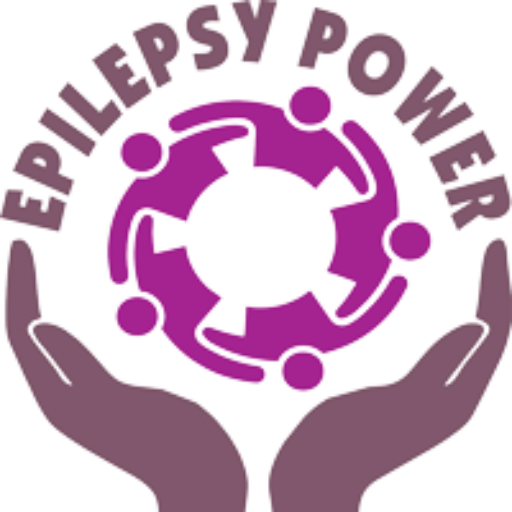- Introduction
- Section 1: Understanding Epilepsy
- Section 2: Promoting Awareness
- Section 3: Effective Communication Strategies
- Section 4: Self-Advocacy
- Concluding Remarks
- Quiz
Total Participants: 16
N. of issued certificate: 5
Before embarking on fostering interactions with co-workers, it is vital for you to understand your epilepsy and how it might impact your interactions in the workplace.
Understanding the following aspects can help in building self-confidence and addressing potential concerns with colleagues:
Understanding Epilepsy Types
It is essential to learn about the different types of epilepsy and their specific characteristics. Epilepsy is not a single condition but a group of neurological disorders characterized by recurrent seizures. Common types of epilepsy include focal seizures (previously known as partial seizures) and generalized seizures. Within these categories, there are further subtypes that can present differently in each person.
For example, focal seizures may start in one specific area of the brain, causing localized symptoms such as twitching, numbness, or changes in perception. Generalized seizures, on the other hand, involve both hemispheres of the brain and can lead to loss of consciousness, muscle convulsions, or absence seizures where a person appears briefly unresponsive.
Understanding your specific epilepsy type can help anticipate potential challenges you might face in the workplace. You’ll also be able to explain your condition more effectively to colleagues, helping to dispel misconceptions and fears surrounding epilepsy.
Identifying Personal Triggers
Epilepsy triggers are factors that can increase the likelihood of experiencing a seizure. These triggers can vary from person to person, and it is crucial to identify your personal triggers to minimize the risk of seizures at work.
Some common triggers include lack of sleep, stress, flashing lights or certain visual patterns, specific medications, and alcohol or drug use. By keeping a seizure diary or working with healthcare providers, you can track your activities, moods, and environmental factors to identify potential triggers.
Once personal triggers are identified, it is necessary to take proactive steps to reduce your exposure to these triggers in the workplace. For instance, you can prioritize getting adequate sleep, practice stress-reduction techniques, or make your work environment more seizure-friendly, such as avoiding exposure to flickering or flashing lights.
Being aware of their triggers and taking measures to address them,you can feel more in control of your condition, which can boost your confidence in navigating social interactions with co-workers.
Medication Management
For many people with epilepsy, anti-seizure medications are prescribed to control and prevent seizures. It is crucial to adhere consistently to the prescribed medication to maintain seizure control and overall well-being in the workplace.
Open communication with healthcare providers is essential to address any concerns or challenges related to medication management. Some individuals might experience side effects from their medications which can impact your work performance or social interactions. If this occurs, it is vital to discuss these issues with the healthcare provider promptly. They may be able to adjust the dosage or suggest alternative medications to minimize side effects while maintaining seizure control.
Additionally, you should be aware of how your medications may interact with other drugs or substances, including over-the-counter medications and herbal supplements. Keep an updated medication list and share it with relevant colleagues in case of an emergency.
By effectively managing your medication and discussing any concerns with healthcare professionals, you can feel more confident about your ability to perform well at work and participate in social interactions with co-workers.
In conclusion, by understanding your specific epilepsy type, identifying personal triggers, and effectively managing your medication, you can build self-confidence and better address potential concerns when interacting with colleagues in the workplace. Knowledge and proactive measures can create a supportive and inclusive work environment, fostering positive relationships among co-workers.
Exercise 1: Download and complete the My Epilepsy Template available from Epilepsy Action UK:
https://www.epilepsy.org.uk/living/work
